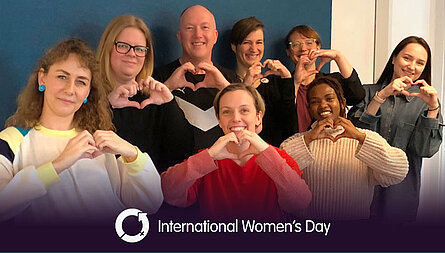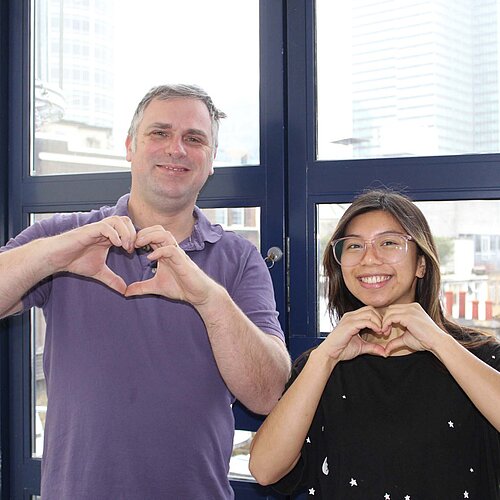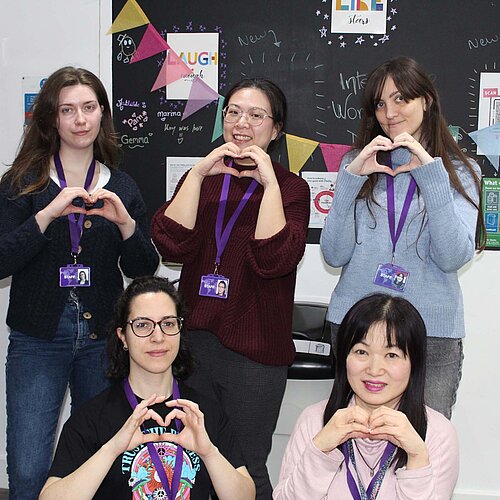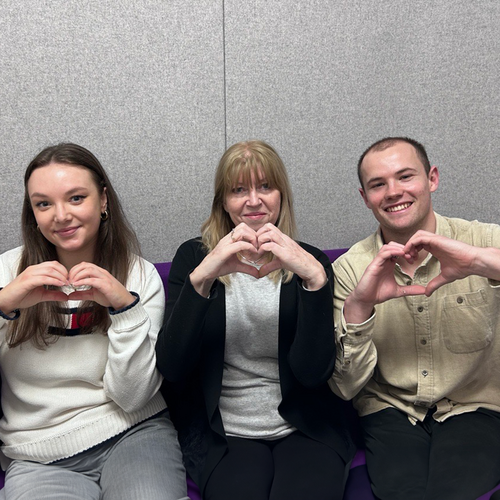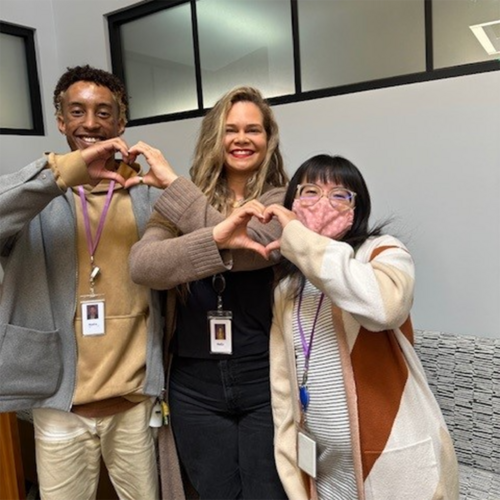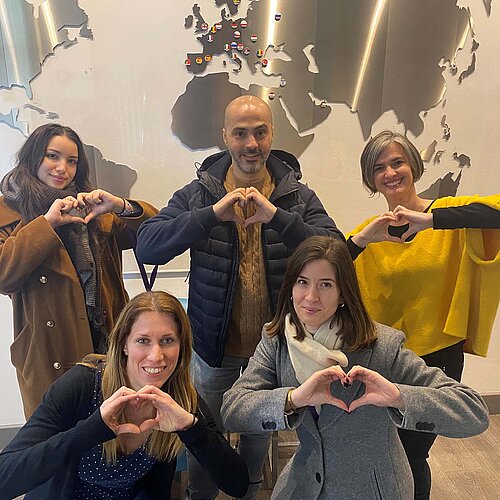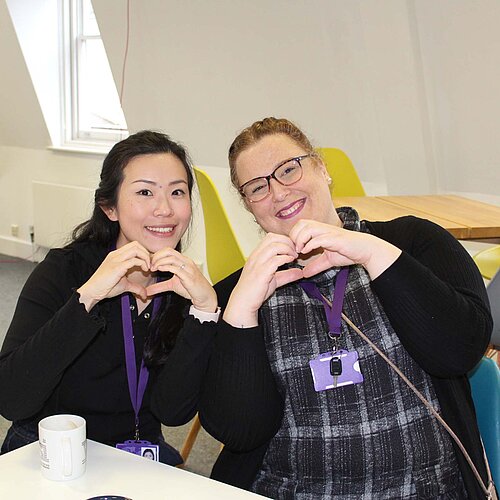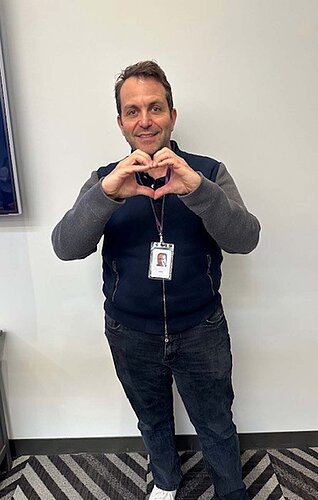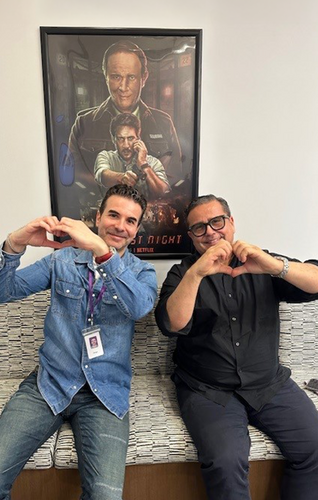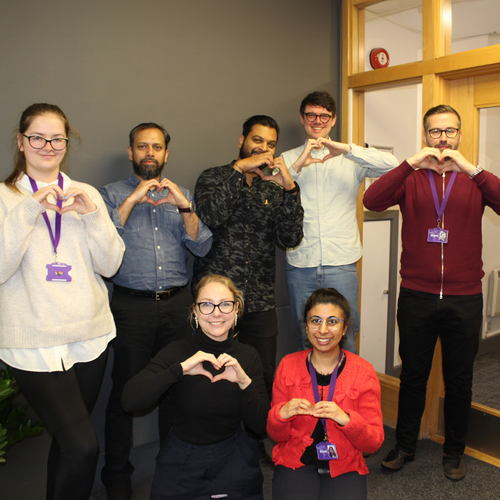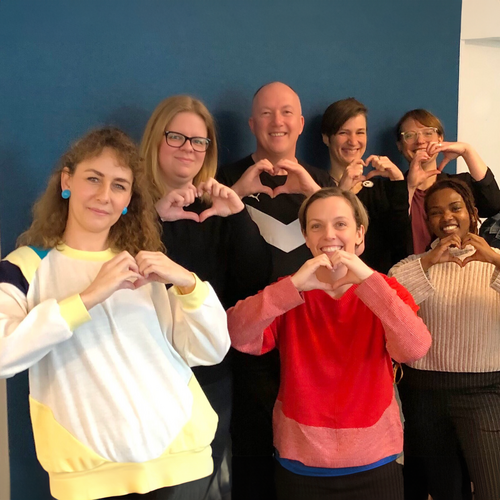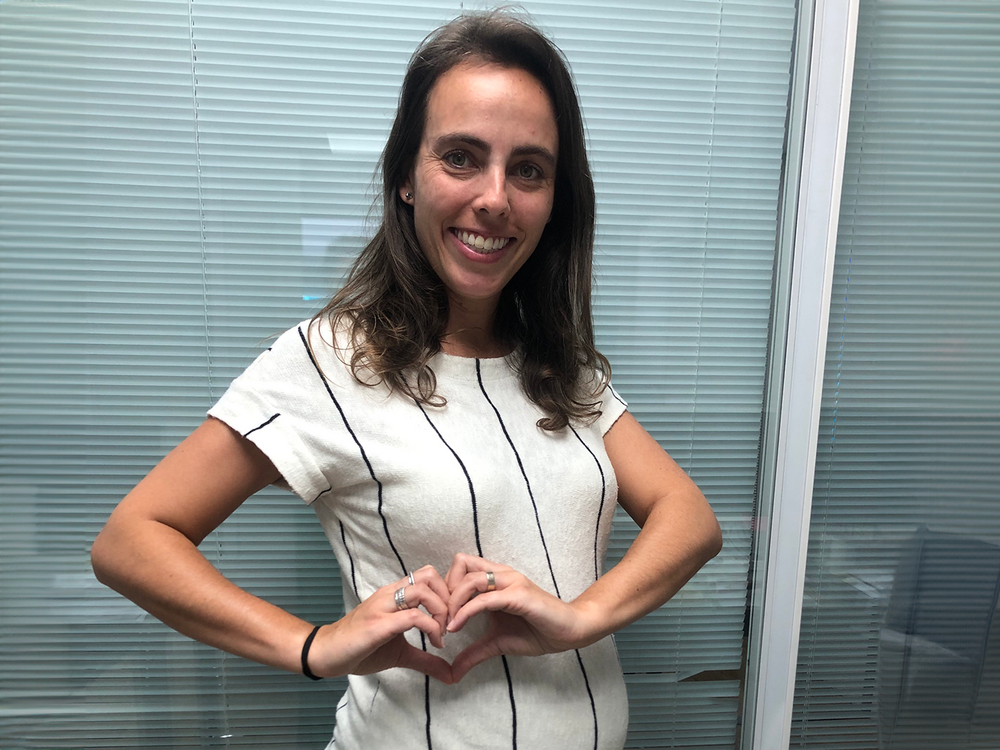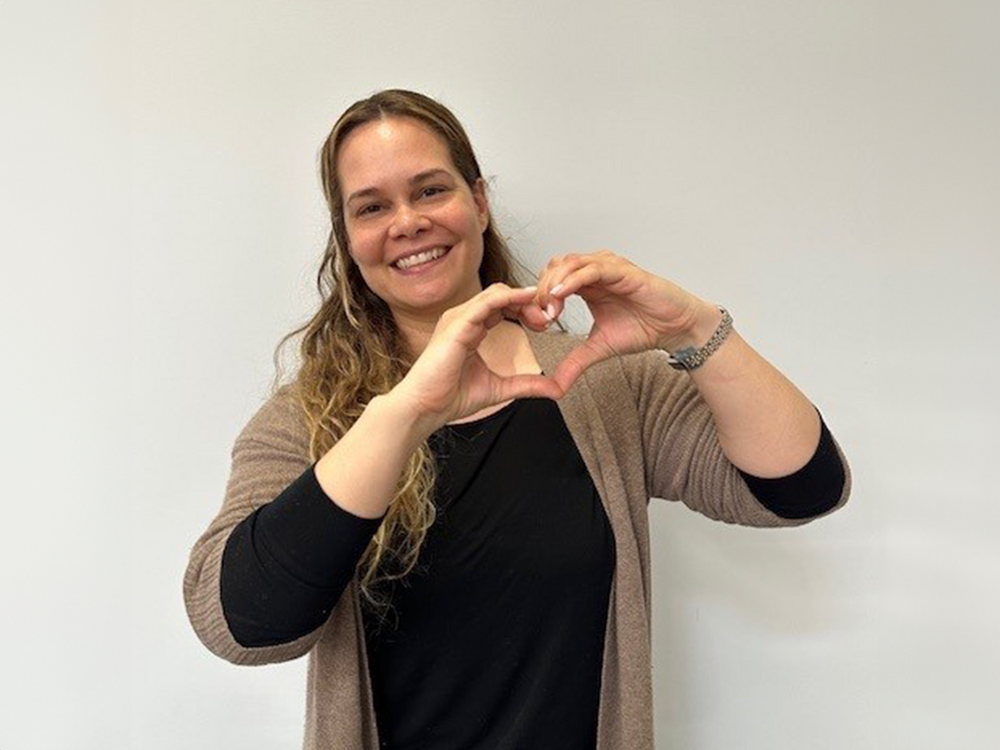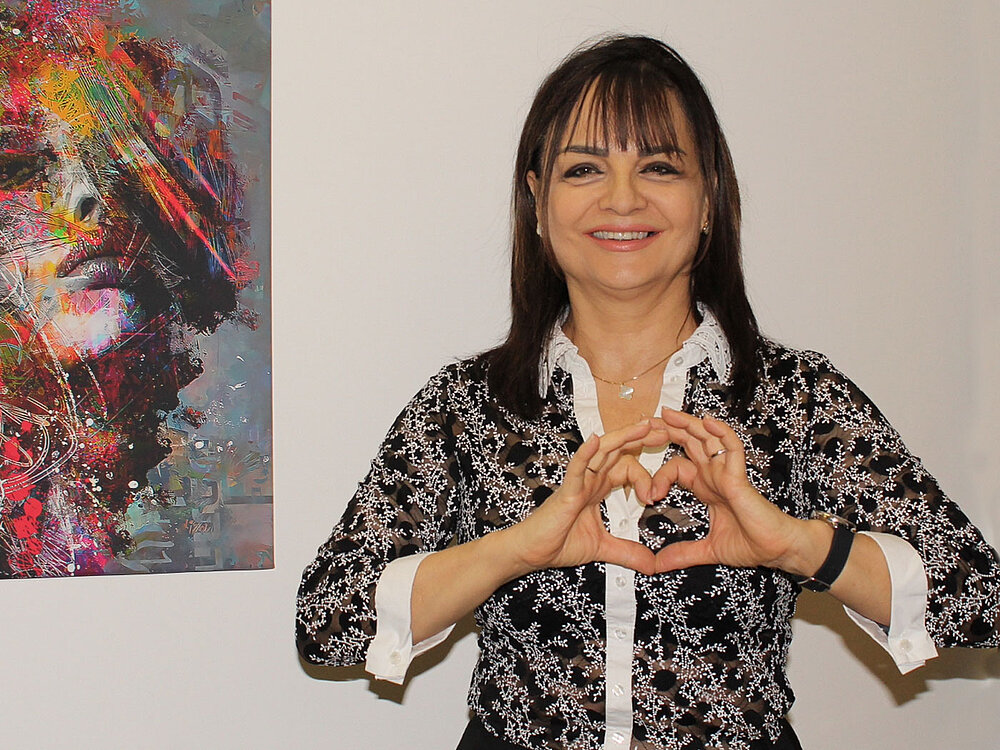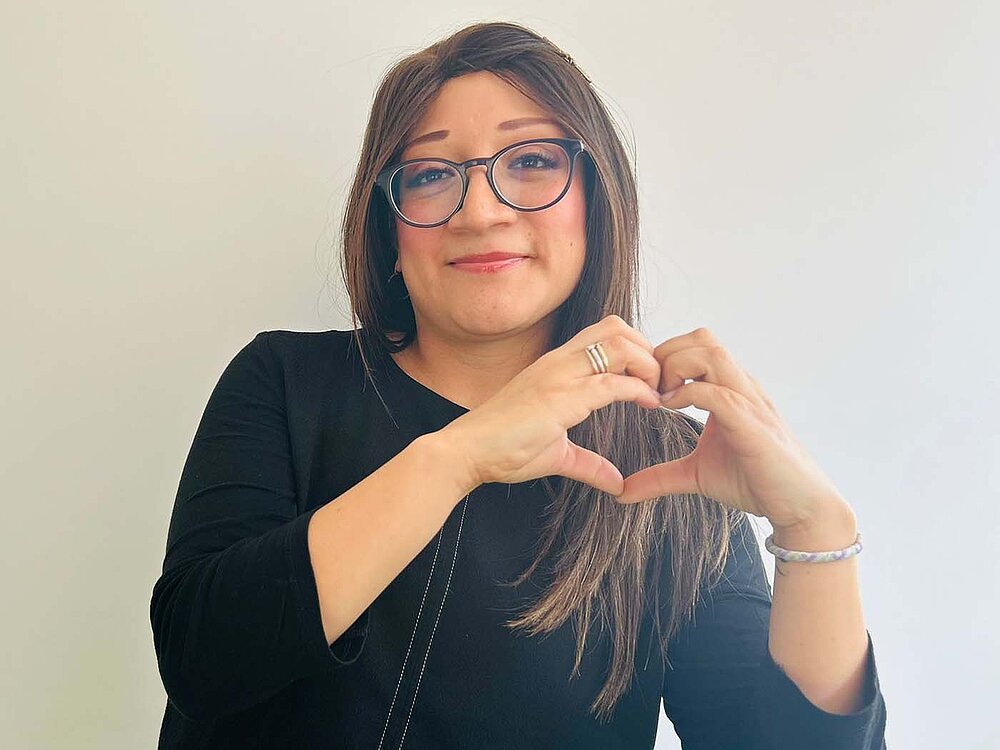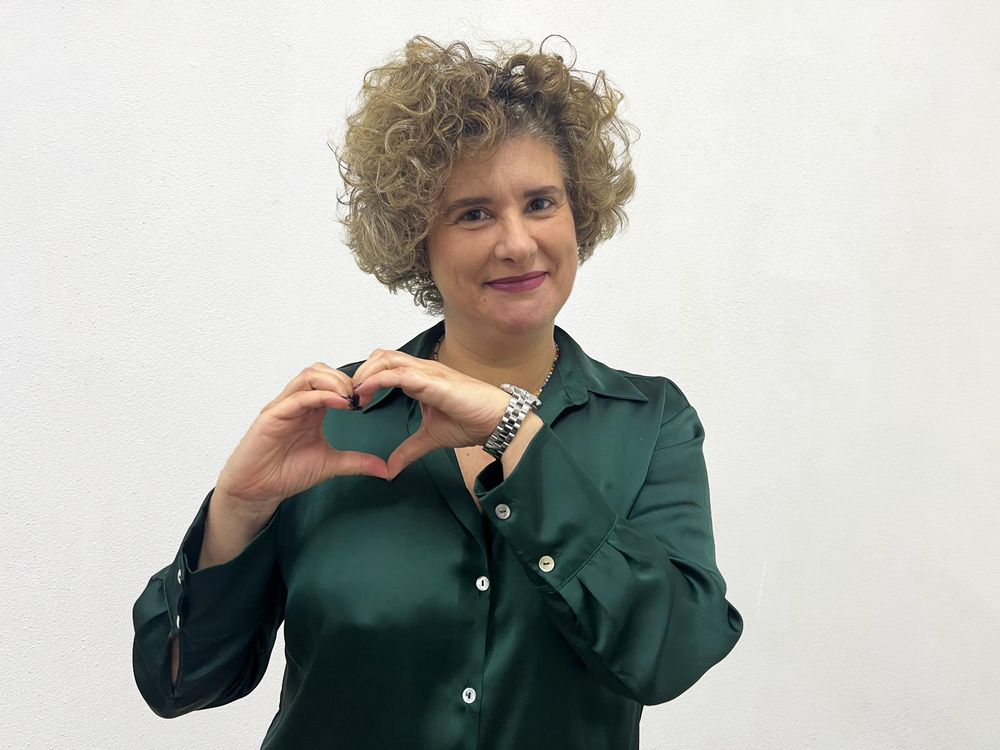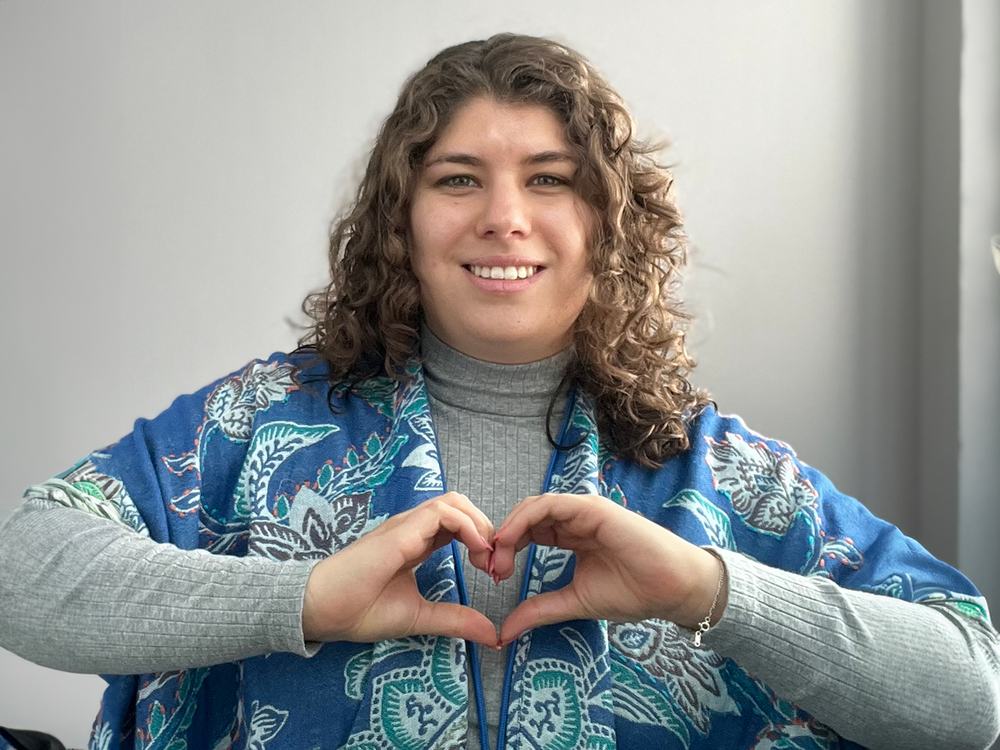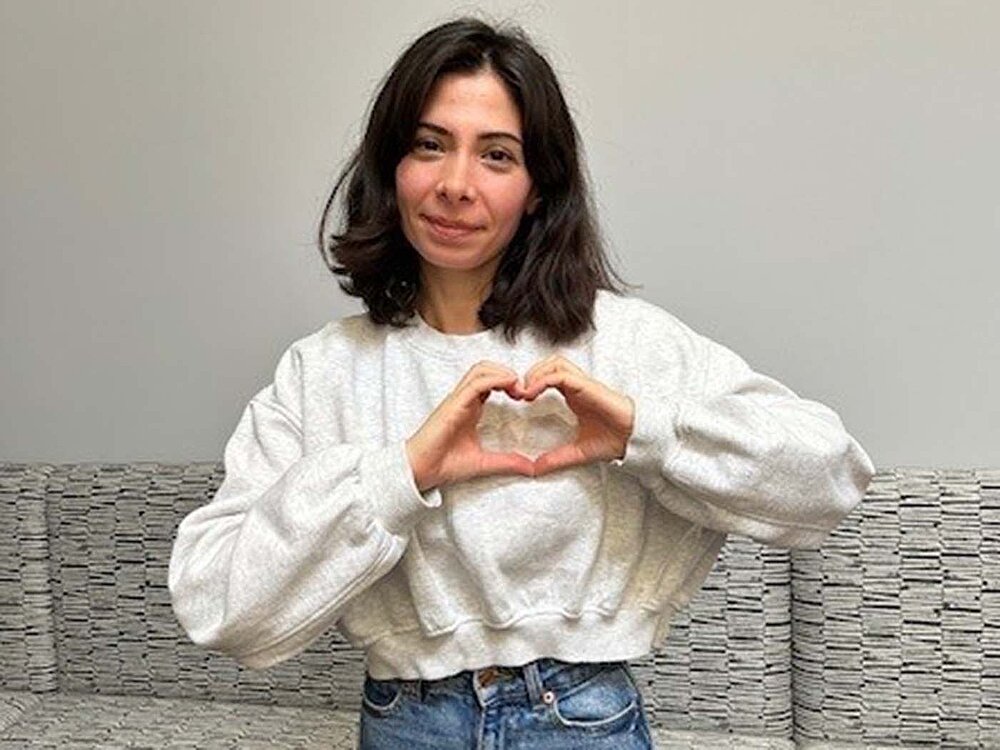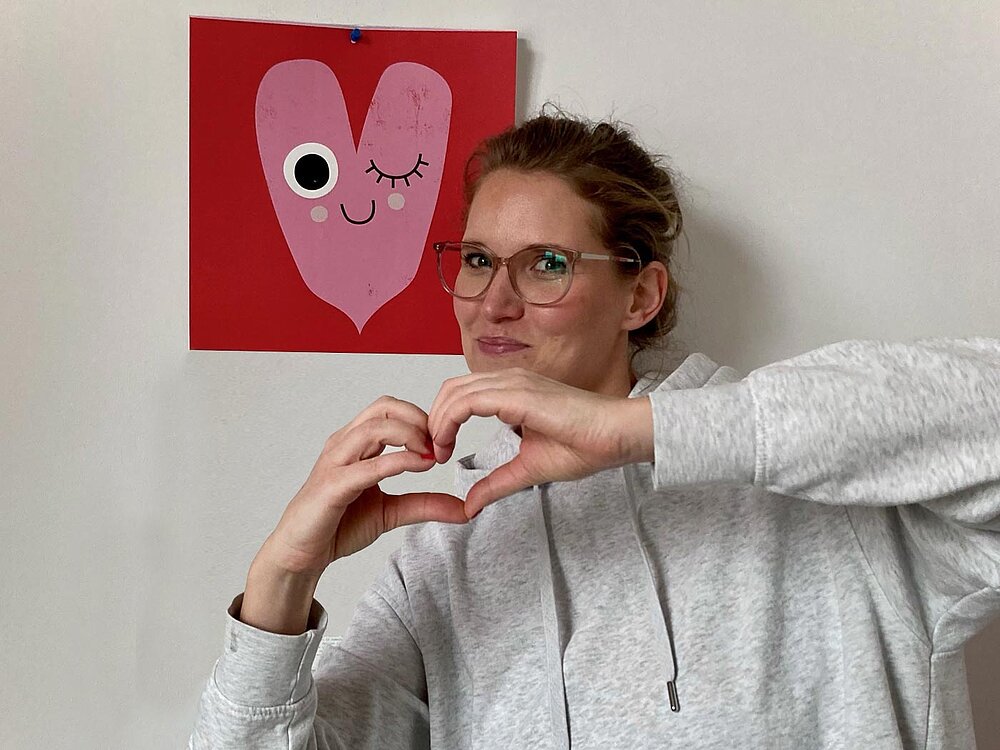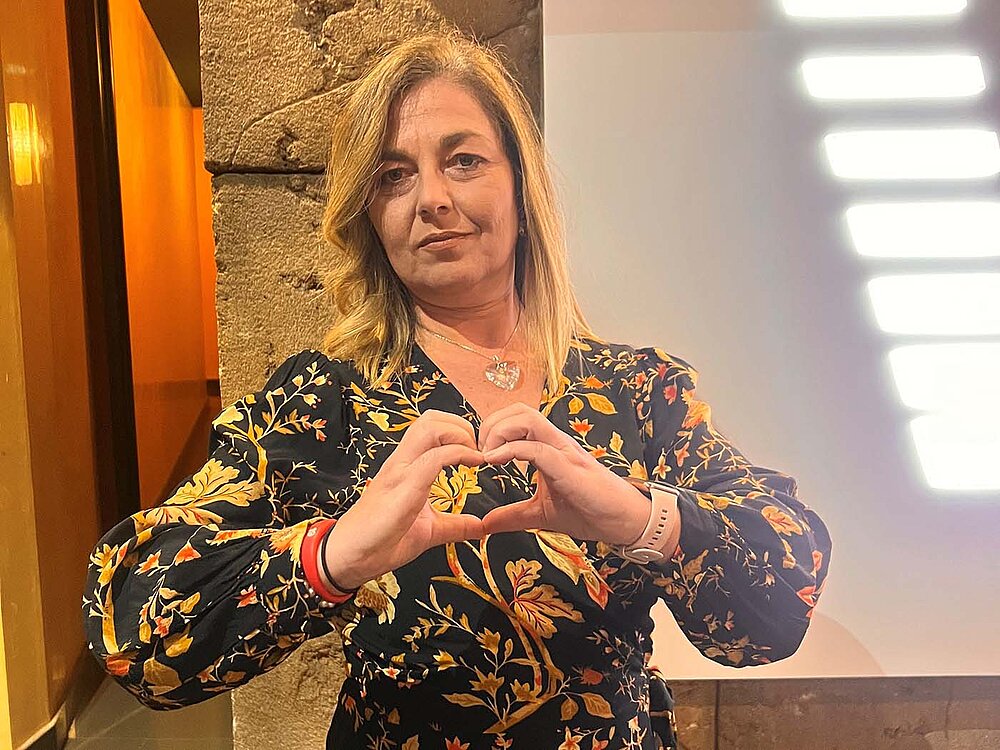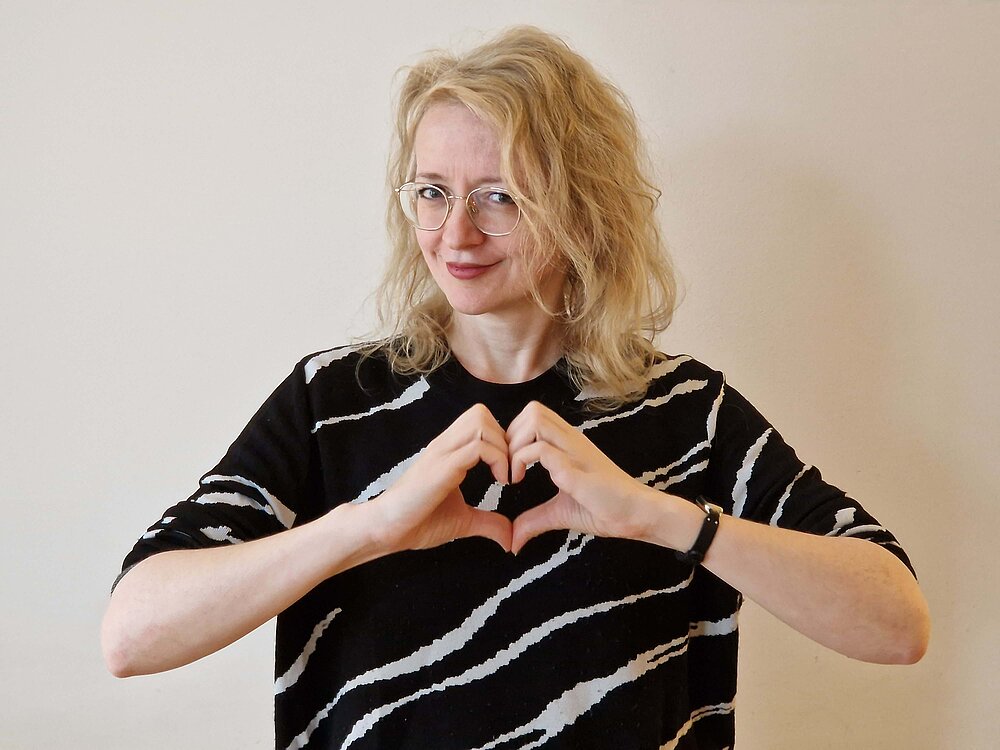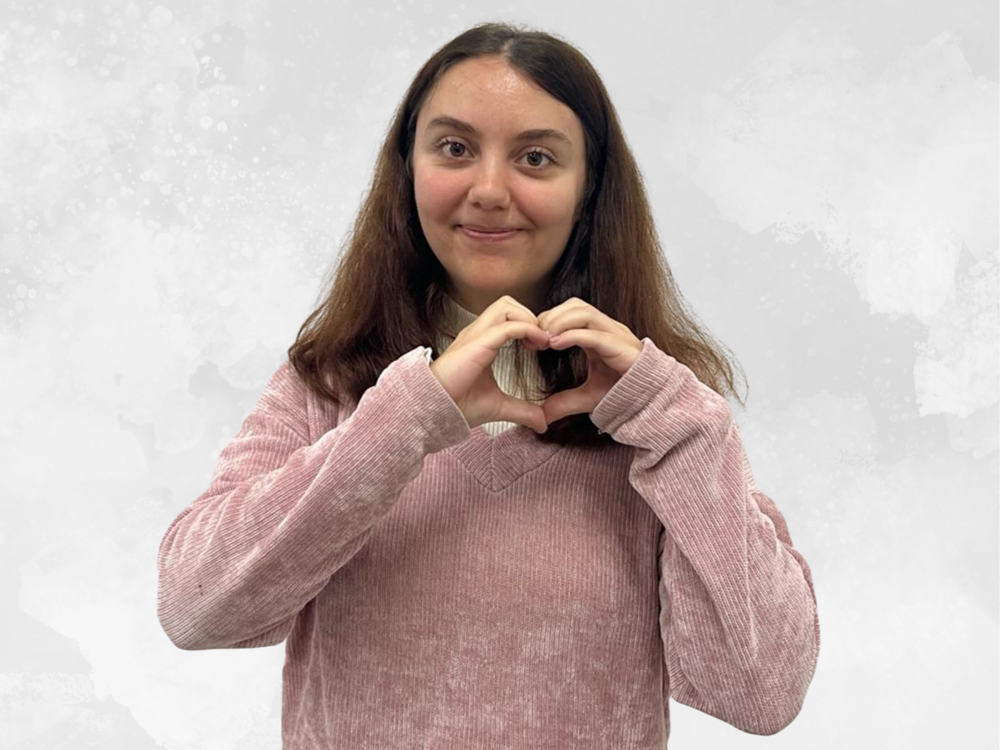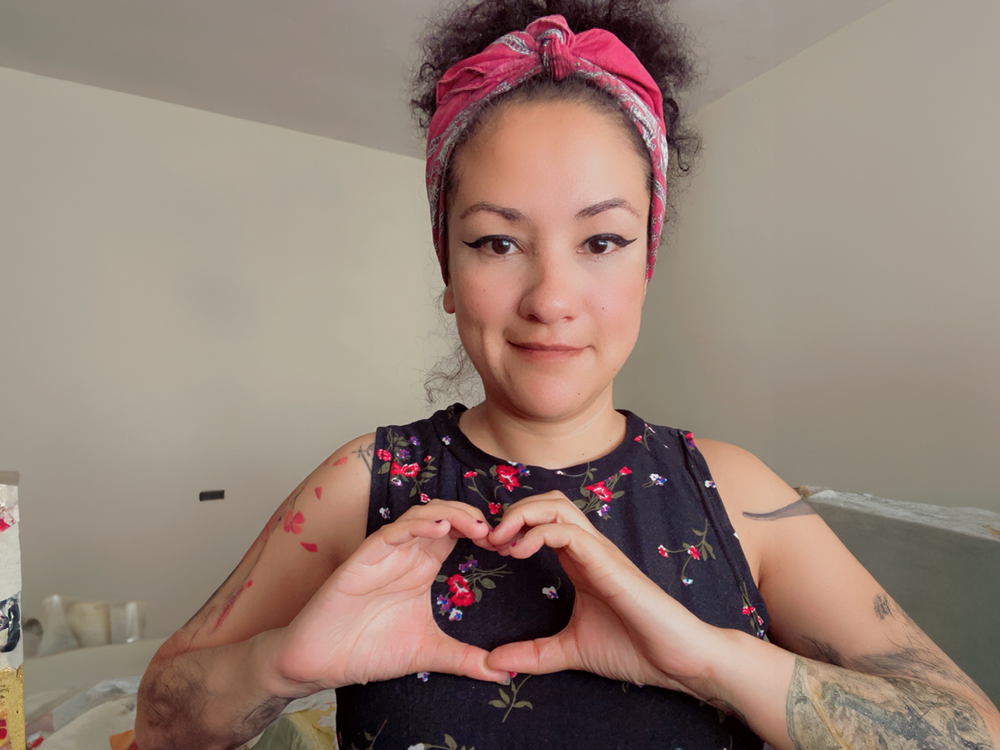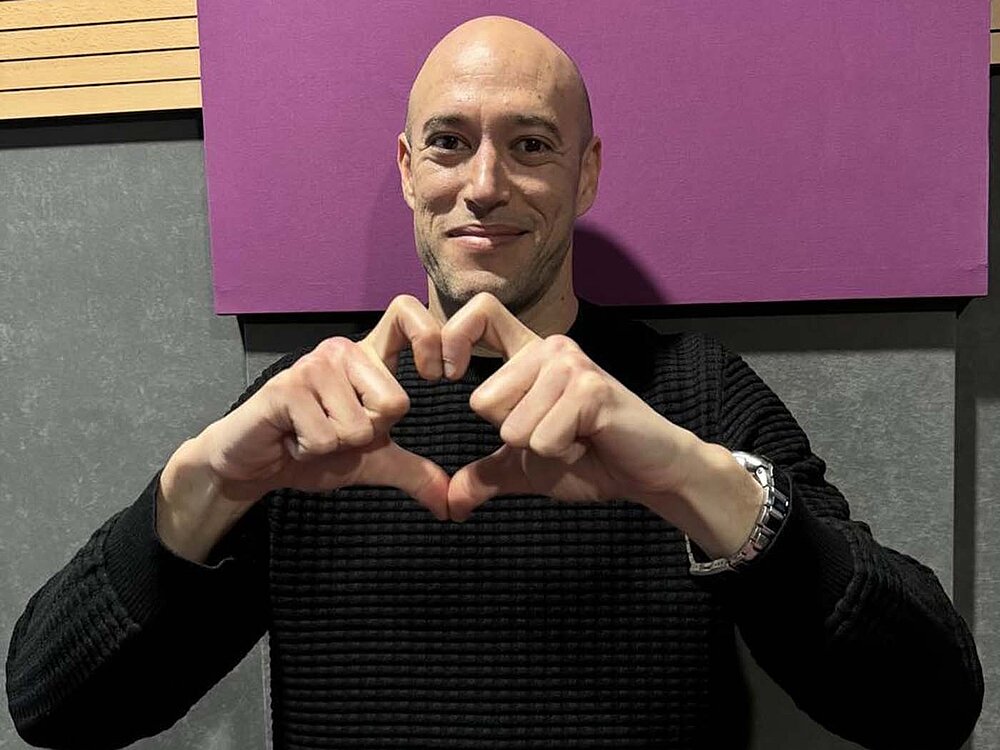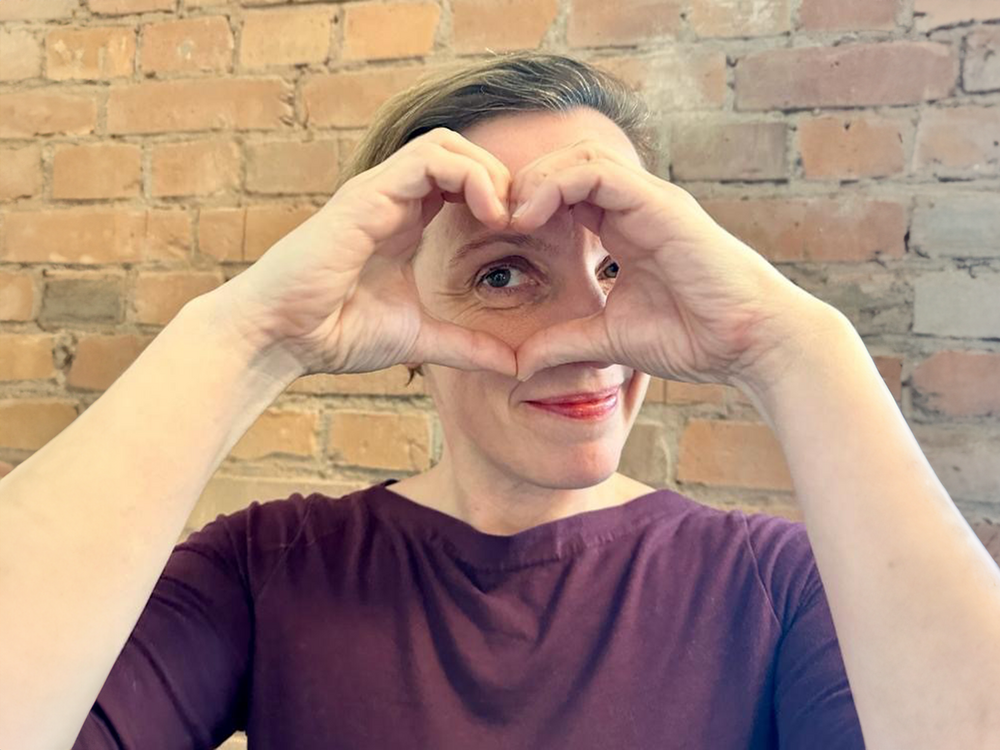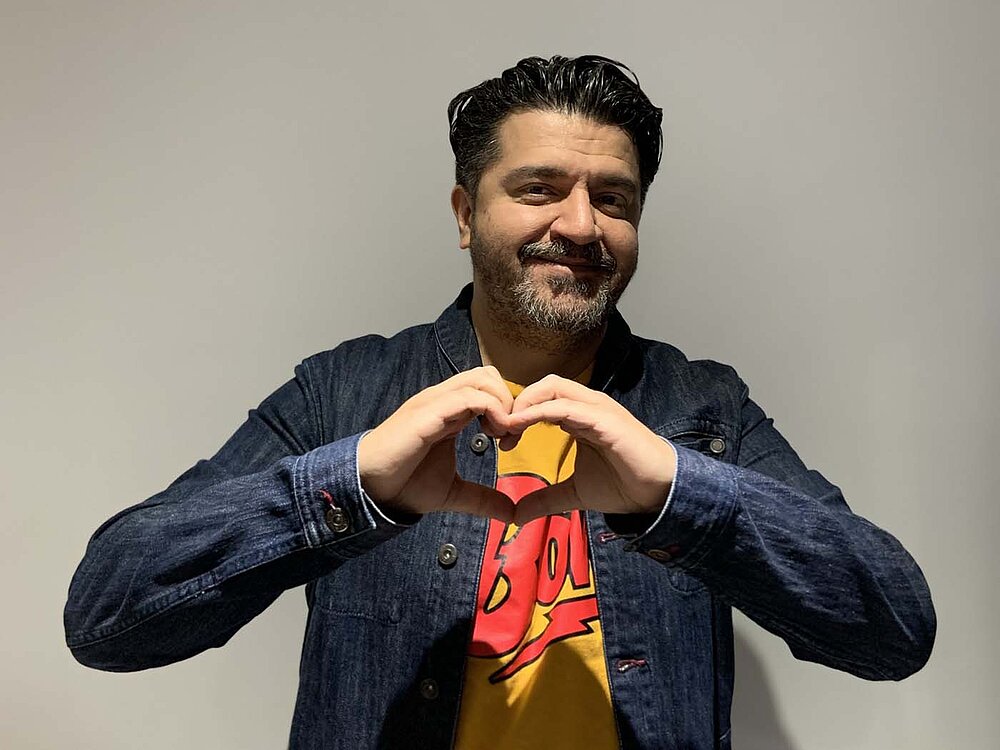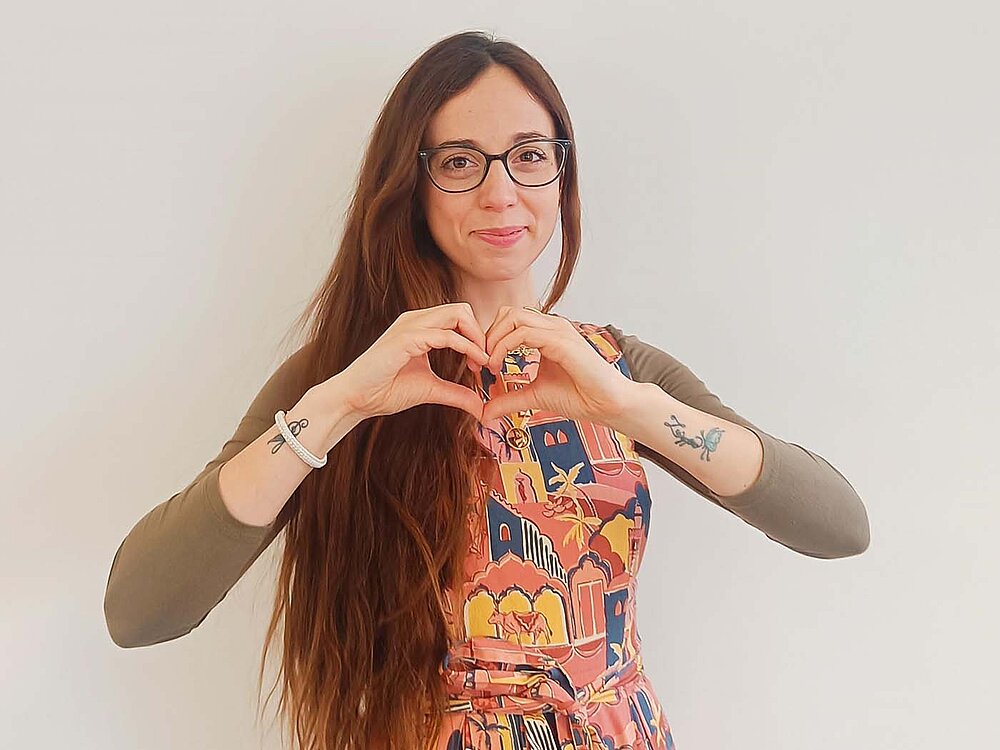Why is IWD as important today as when it was first celebrated?
In 1910, the idea of an International Women’s Day was proposed by Clara Zetkin, a German Social Democrat. A good reason to check where we are in Germany today.
One would have hoped that by 2024, in a country like ours, female leaders in companies would be much more common. That it would be about leaders, no longer about male vs. female ratios.
It sounds great to read that the share of women in the management boards of the 160 biggest German listed companies has more than doubled since 2020. However, in reality the actual numbers are still pretty uncompelling and way behind other countries. We're talking about 59 women in 2020 and 128 this year, compared to 568 male board members.
Still, in about 40% of these companies all board members are male – there is not even a single woman in the management boards of over 60 big companies. Another 49% of these companies have only managed to promote one woman to the management board. Rather than seeing steady further increases, the numbers seem to stagnate as soon as legally required minimum quota have been met.
Seeing this feels a little tiring and disillusioning, but I am confident things will continue to change.
So, 114 years after Clara Zetkin's idea, we're still far away from saying "mission accomplished", not in Germany, and not in many other places around the world. And even after reaching milestones, these cannot be taken for granted. We should all use this day to promote and support the topic, look around us and help create more equality, in every part of society. I'm incredibly proud that VSI has always been a workplace that has shown so many positive examples for gender equality, over so many years, with great role models, both female and male. Let's keep going!
Ulrike Schubert - Managing Director (Berlin)

